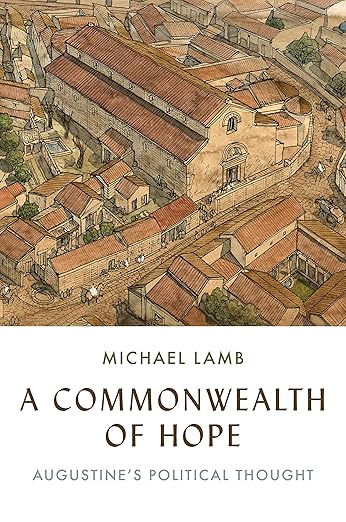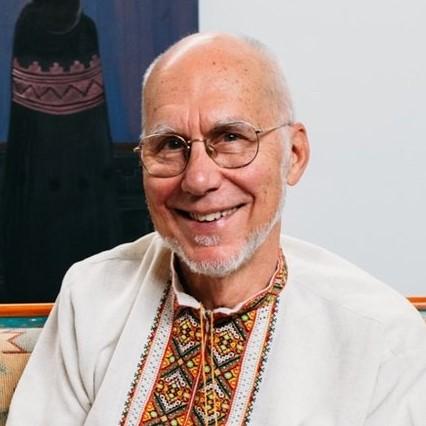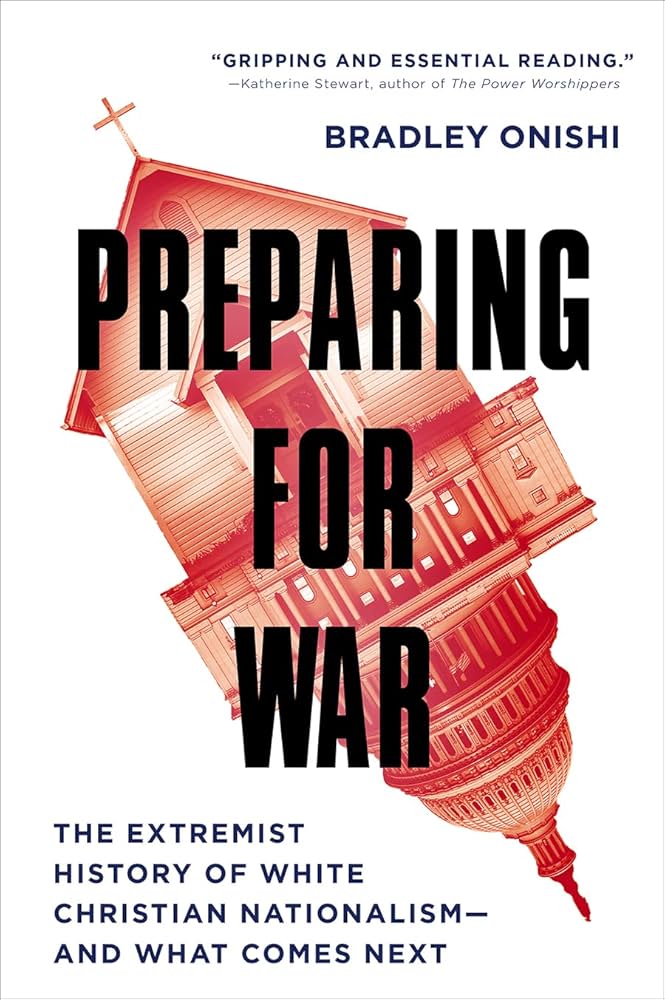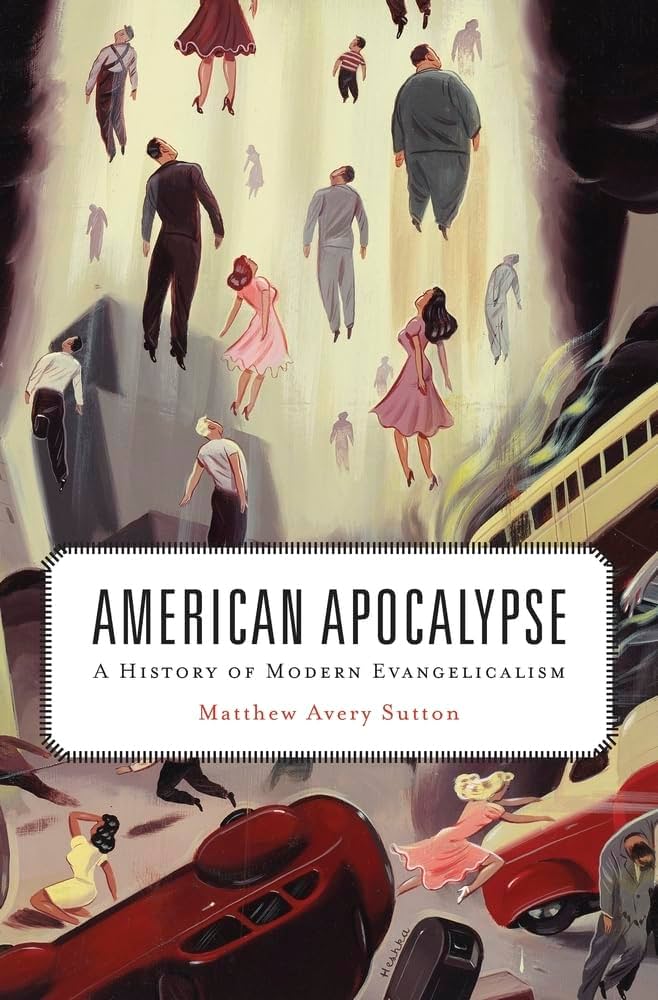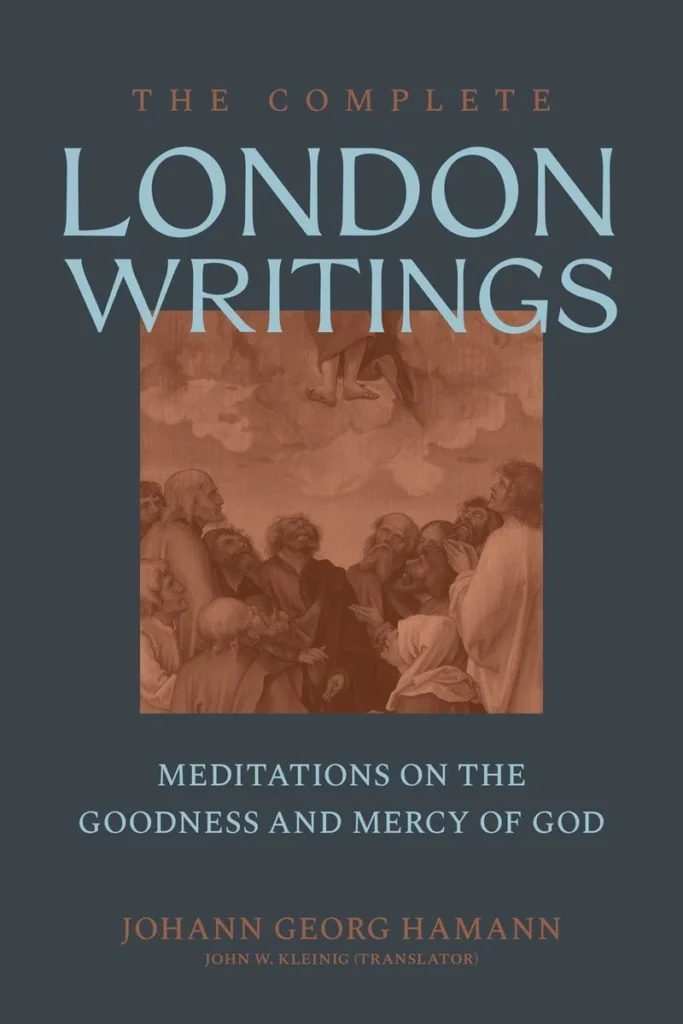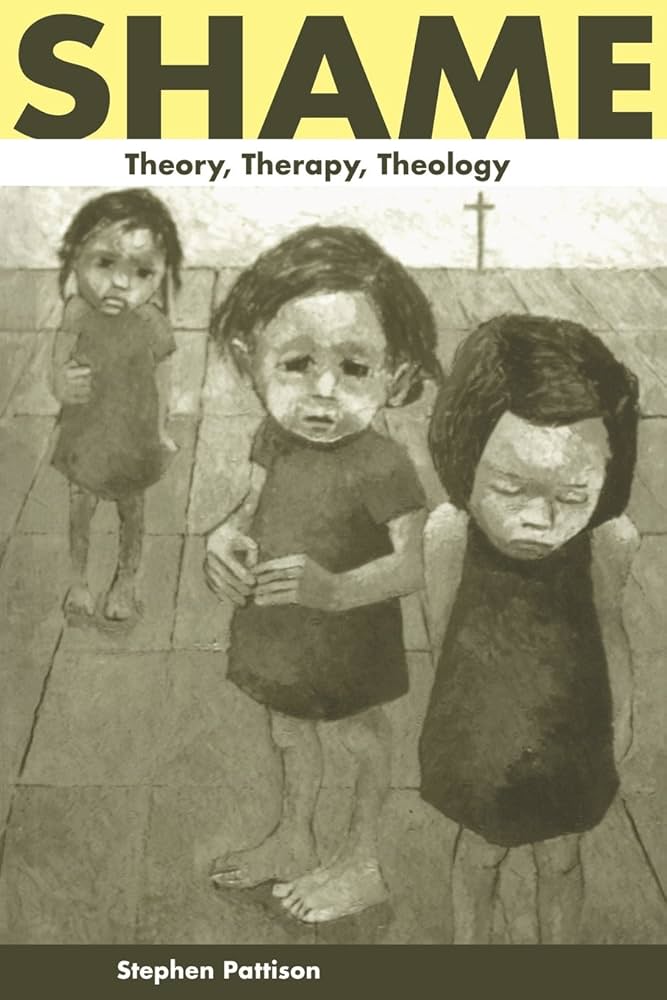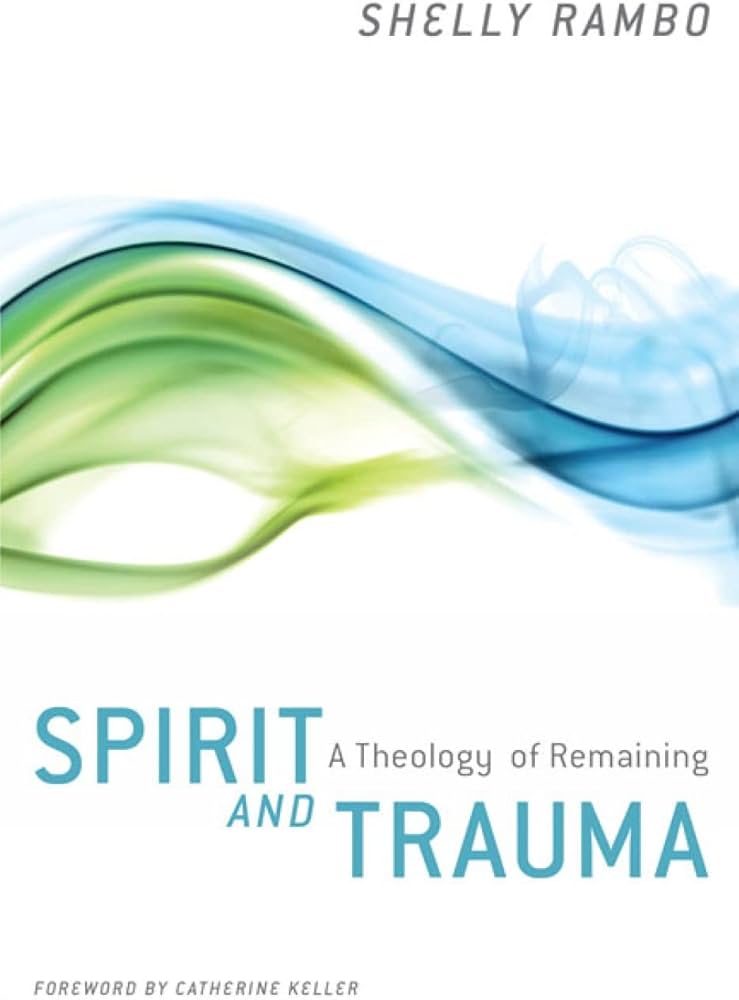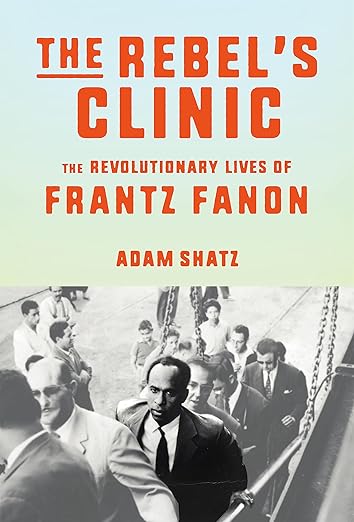
As a psychiatrist shaped by World War II and later a revolutionary thinker against colonialism, Frantz Fanon became an influential intellectual whose work emerged from the tensions of his historical moment. His works, Black Skin, White Masks and The Wretched of the Earth, explore the psychological damage produced by colonialism and racism. This emphasis on psychological injury is central to Adam Shatz’s analysis in The Rebel’s Clinic. By focusing on Fanon’s thought, Shatz presents the revolutionary as a figure shaped by both the consequences and the moral ambiguity of violence.
Shatz begins by describing Fanon’s work as a psychiatrist in colonial Algeria, where Fanon came to understand colonialism itself as the illness requiring treatment. Drawing on the work of Aimé Césaire, whose poetic language influenced Fanon’s writing, Shatz shows how colonialism deforms both the colonized and the colonizer. Incorporating other revolutionary thinkers, Shatz frames revolution not simply as violence, but as a response to structural injustice, whose moral complexity does not erase the conditions that produced it. Revolutionary violence, while never absolved of ethical ambiguity, is presented as historically intelligible within systems already sustained by colonial violence.
Fanon’s legacy, as Shatz presents it, reckons not only with the repercussions of colonialism but with resistance and rebellion as diagnostic responses to political disorder. In this sense, the “rebel’s clinic” names an ongoing effort to confront and treat the injustices embedded in the modern world.
Adam Shatz is a visiting professor at Bard College, US editor of the London Review of Books. In addition to his current work, he has authored the following: “Prophets Outcast: A Century of Dissident Jewish Writing about Zionism and Israel”, and “Writers and Missionaries: Essays on the Radical Imagination”
Reviews and Endorsements of this Publication include the following:
“Nimble and engrossing . . . [An] exemplary work of public intellectualism.”
–Becca Rothfeld, The Washington Post
“Undoubtedly the best [biography of Fanon] . . . A remarkable achievement.”
–Robert J. C. Young, Los Angeles Review of Books
For more information on this publication, click here:
For more of “On the Lived Theology Reading List,” click here. To engage in the conversation on Facebook and Twitter, @LivedTheology, please use #LivedTheologyReads. To sign up for the Lived Theology newsletter, click here.

